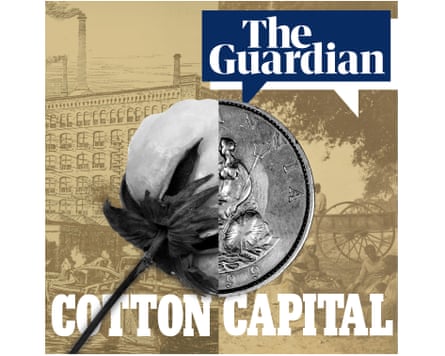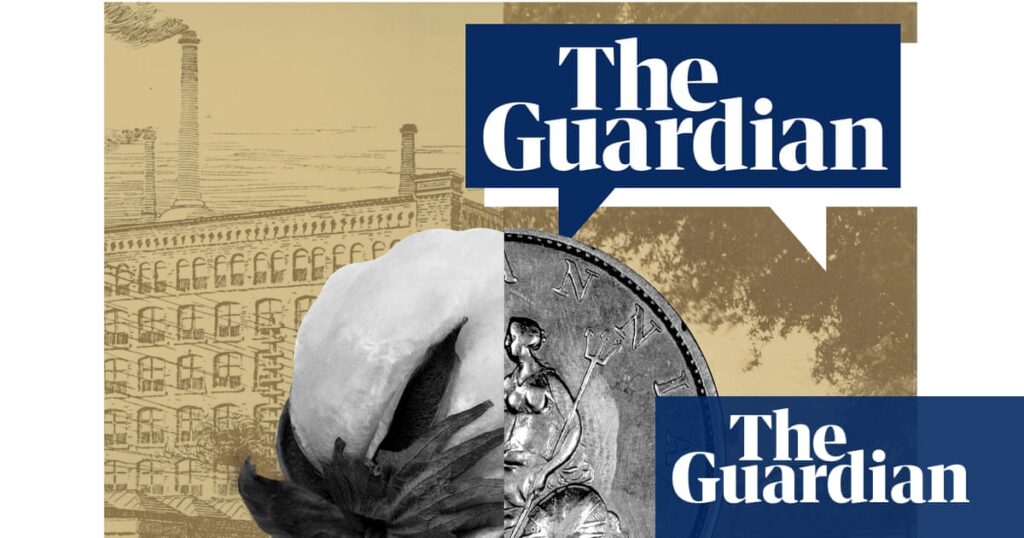In this bonus episode, the Guardian journalist Chris Osuh looks at the idea of pan-Africanism in 2025 – the belief that all Black people, whether on the continent or in the diaspora, are united in a shared struggle for liberation.
As Manchester gears up to celebrate the 80th anniversary of the landmark 1945 Pan-African Congress, Chris speaks to Ntombizodwa Nyoni, the writer of the play Liberation that recently brought the event back to life. The pair discusses how congress delegates drove the wave of the African independence movements that followed, the parallels between 1945 and 2025, and what pan-African activists today can learn from the experiences of those at the talks.
Chris also speaks to fellow Mancunian Keisha Thompson, a programme manager for the Guardian’s Legacies of Enslavement programme. They discuss the way she grew up under the pan-African shadow of the congress, what pan-Africanism offers in terms of identity, and how to navigate the multiple visions of pan-Africanism that exist in this moment.
To find out more about what pan-Africanism might look like in the future, Chris speaks to Steven Golding, a professor of Garveyism, about recent moves towards political and economic pan-Africanism. The pair discusses the self-proclaimed pan-Africanist Ibrahim Traoré, the charismatic leader of Burkina Faso dominating social media, and the idea that pan-Africanism should not be judged through a European lens.
Finally, Chris attends a Manchester dance show being held by See My World in commemoration of the 80th anniversary of the congress, and talks to local attendees about what pan-Africanism means to them today.
This bonus episode follows a six-part series for the Cotton Capital project, which looks at the Guardian’s links to transatlantic slavery and the legacies of that history. It takes listeners from Manchester to Jamaica, the US, Nigeria and Brazil – and back to the UK.
To subscribe to the series, search for Cotton Capital wherever you get your podcasts.
With thanks to: See My World, the Royal Exchange theatre, and Manchester Metropolitan University.


